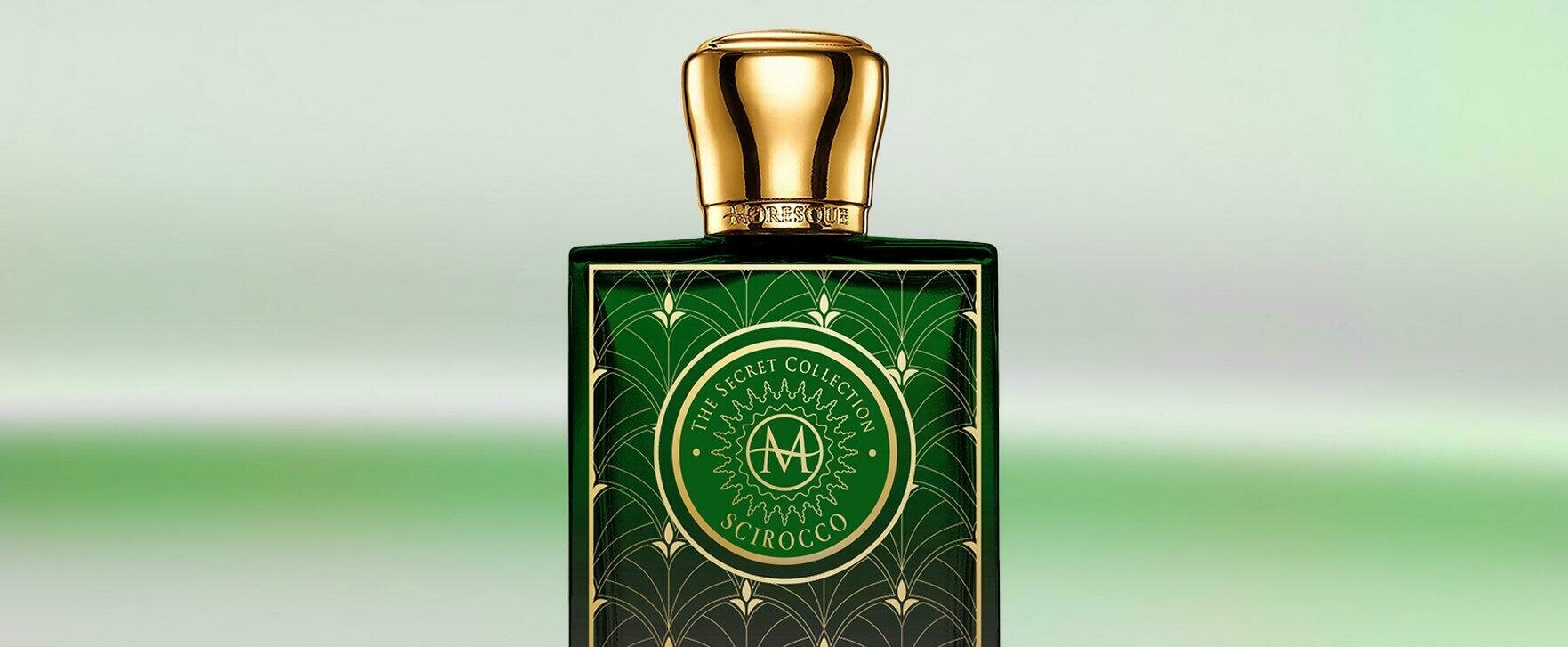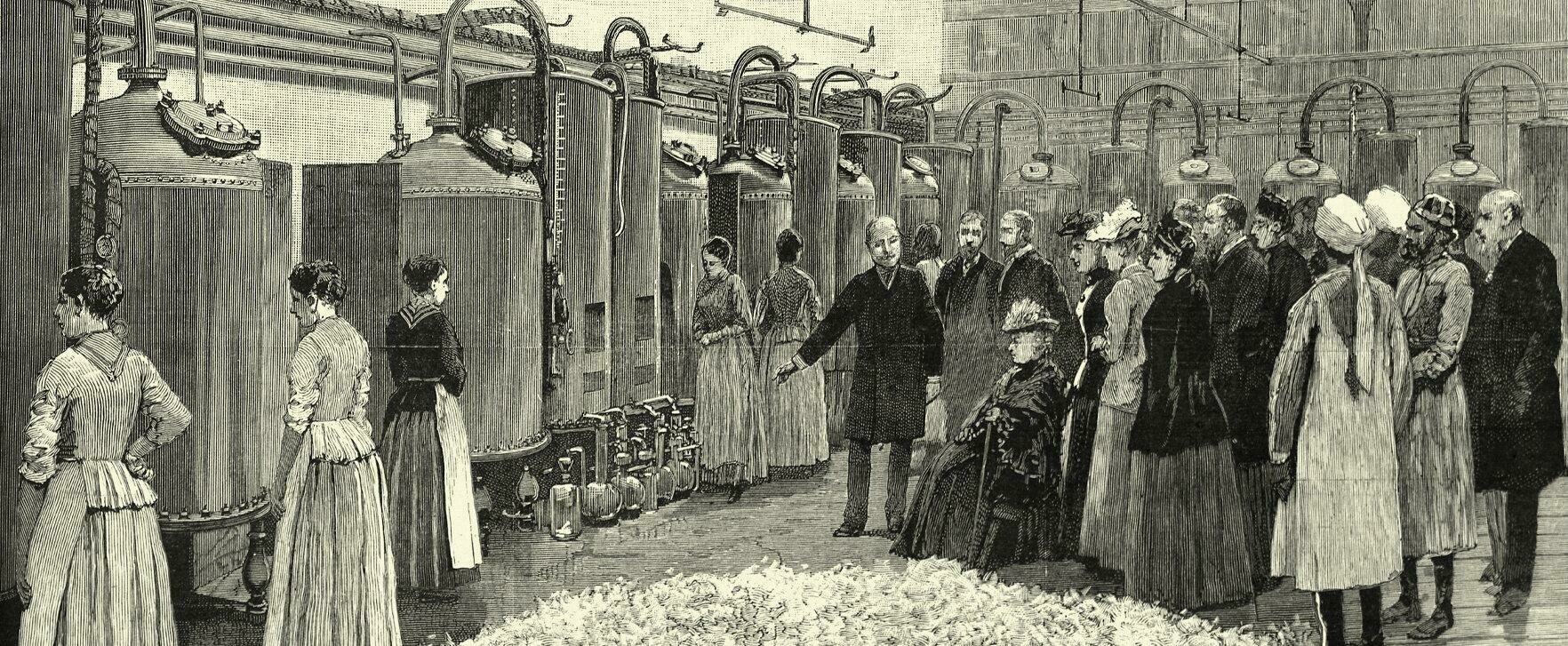
A Time Travel Through Perfume History
For millennia, fragrances have exerted a magical attraction on people and have become an indispensable part of daily life for many. It is therefore hard to imagine that there was a time when they were a rarity and even frowned upon in some circles. The history of perfume is a fascinating journey that goes back to the ancient world and has influenced our understanding of beauty, art and culture.
The beginnings of fragrance
The history of fragrances dates back to the time of the Egyptian pharaohs. In ancient civilizations and advanced civilizations such as Egypt, Mesopotamia and Greece, fragrances were an important part of life and were used for various purposes. For example, they were used in religious ceremonies to appease the gods and make offerings to them. The Latin term "perfume" is derived from the expression "per fumum", which means "through smoke" and referred to the method used at the time to obtain fragrances by burning plants and woods. The first fragrances were created by burning incense to pay homage to the gods and fulfill their wishes more quickly.
The Egyptians are considered pioneers in the production of fragrances. As early as 5,000 years ago, they burned fragrant flowers, herbs and resins to honor the sun god Re and used essential oils and plant extracts to make perfumes and ointments. In particular, perfumes made from myrrh and frankincense were used in religious ceremonies.
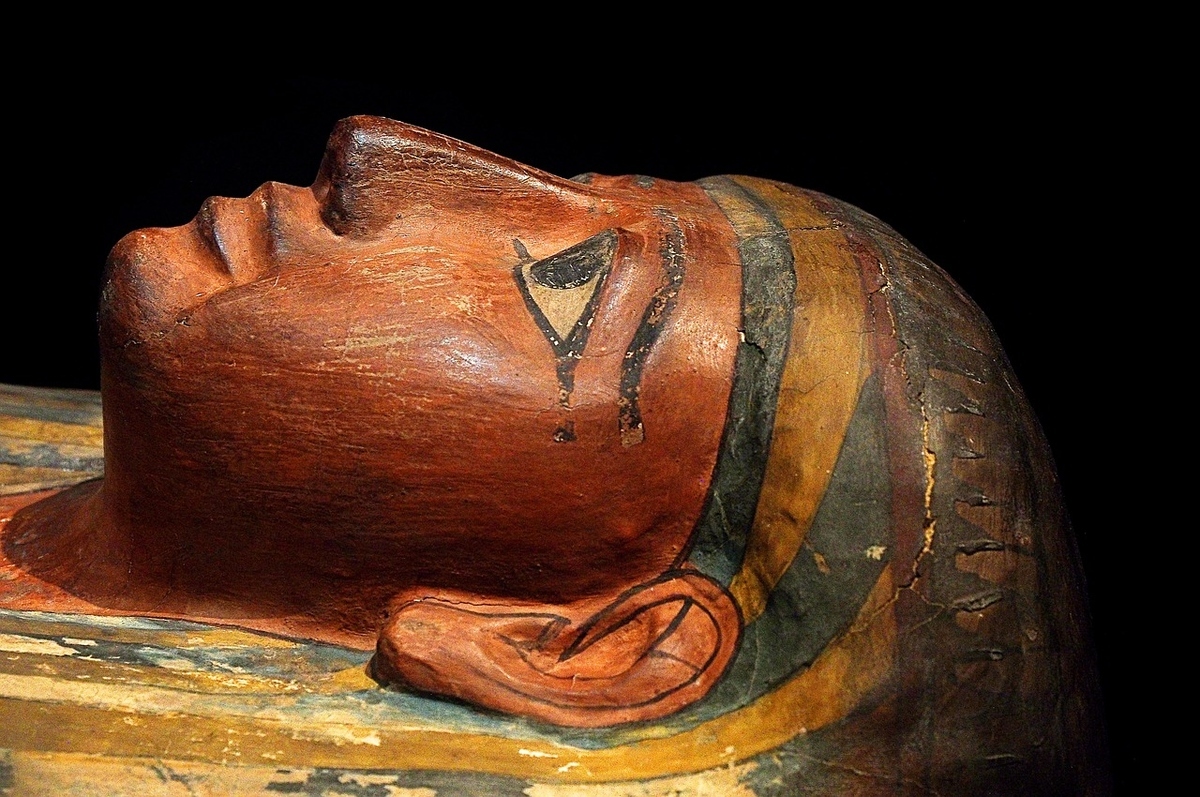
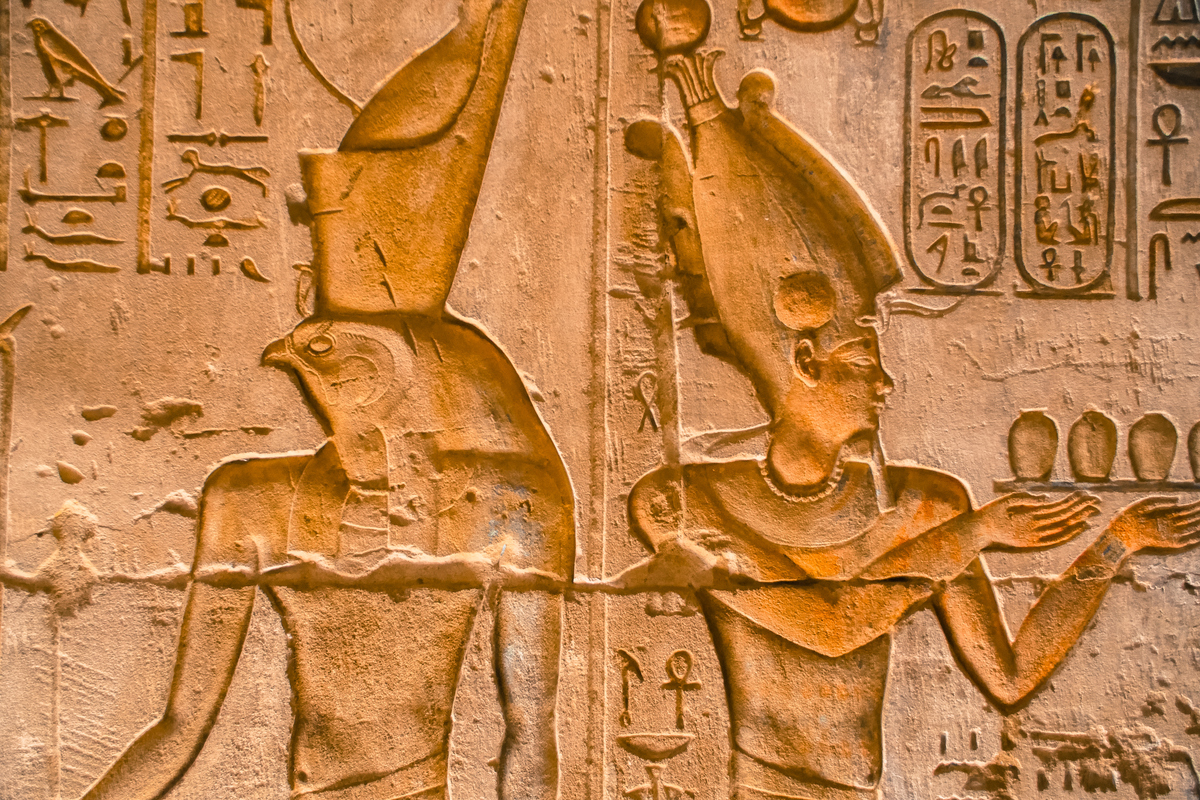
In ancient Greece and Rome, fragrances were also very popular: scent symbolized an approach to the divine and fragrance was considered a sign of beauty. Cleopatra also used scented ointments to enhance her seductive powers. In addition, Babylonians and Romans used scents in their prayers by sending fragrant incense to heaven.
"Heaven and earth shall overflow with incense, and the fragrance shall be in the princely house. Pure and spotless shalt thou offer them unto me, that ointment may be pressed out of them for the divine limbs." - To Queen Hatshepsut (1490-1469 BC).
Fragrances in the Middle Ages and the Renaissance: from protection against disease to the first ideals of beauty
In the early Middle Ages, it took time for fragrances to become popular in Europe as well. In the beginning, it was even considered frowned upon and immoral to wear perfume. But soon the crusaders from the Near East and the Far East brought new fragrant scents and the refined art of perfume making to Europe. The wealthy class and court in particular used the scents for powdering and perfuming, and carried perfume balls containing fragrant resins, musk, and amber.
Concerns about contagious diseases were pervasive in the Middle Ages and influenced many aspects of daily life. In times of plague and cholera, people avoided public baths for fear of contracting diseases while bathing. Instead, they covered the unpleasant smells with clouds of perfume, and the mistaken belief spread that the aromatic scents could protect against disease.
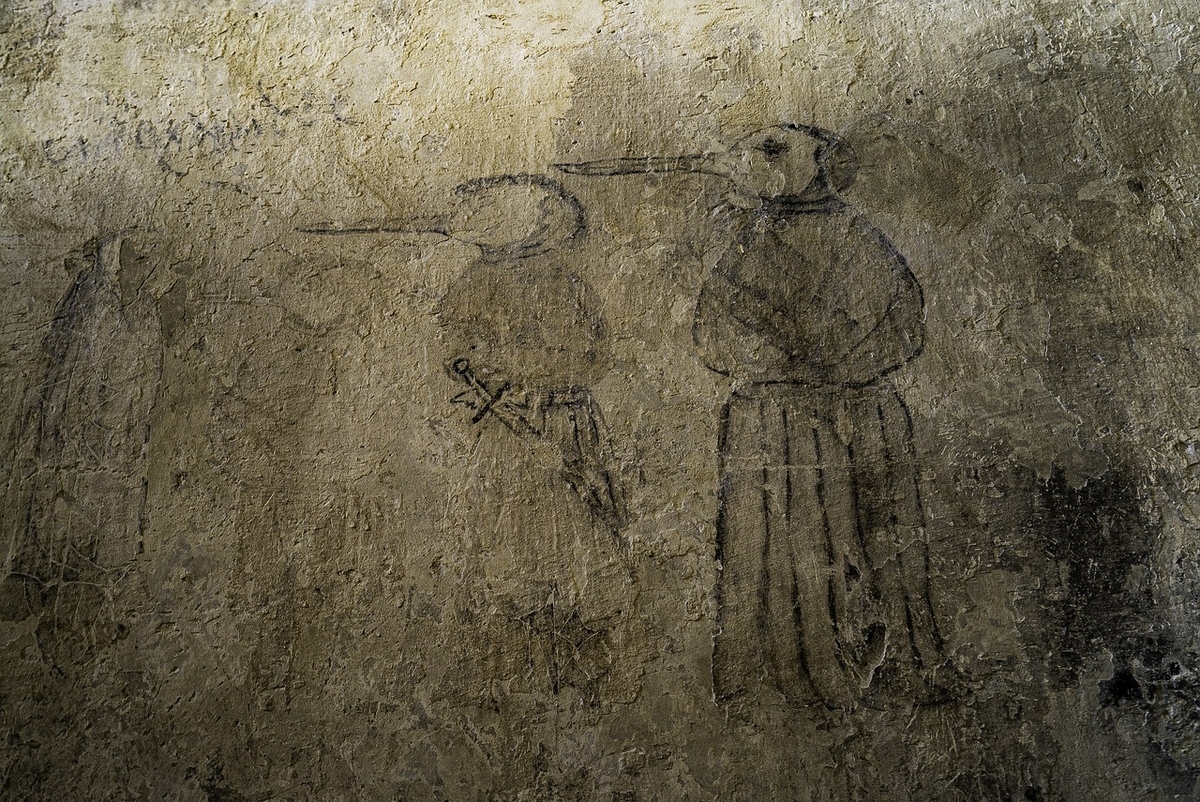
Gradually, fragrances enjoyed increasing popularity, inspiring poets with their enticing aromas and pampering lovers with fragrant baths. The tentative beginning of a new cultural history of well-being and body care had been written, which would continue to evolve over time.
The Renaissance period finally marked the beginning of a new era in Europe. The revival of art, culture and science led to a flourishing period. Alchemical recipes of the Middle Ages were replaced by the first scientific treatises. Important explorers such as Columbus, Magellan and Vasco da Gama brought a variety of new and aromatic raw materials such as cocoa, vanilla, tobacco and cloves to Europe. Especially beauty ideals were of great importance at that time and perfumes were part of it from now on. Italian and Spanish perfume manufacturers settled in Paris and perfume gloves were considered particularly fashionable.
The importance of perfume during the Baroque era and the Enlightenment
During the Baroque era from 1600 to 1700, the French court at Versailles was the benchmark for fashion and personal hygiene. Instead of bathing, high social circles increasingly resorted to perfume to mask unpleasant body odors. For example, the French king of the time, Louis XIV, is said to have taken a bath only once every four years. Perfumes became an important part of body care, and glove makers were henceforth allowed to use the title "perfume maker" and "powder maker".
In the Age of Enlightenment, hygiene regained importance and finer fragrances were preferred. Perfume production reached a golden age, especially in the French city of Grasse, where refined techniques such as enfleurage and distillation were cultivated. Johann Maria Farina's famous "Original Eau de Cologne" was also launched in Cologne at this time.
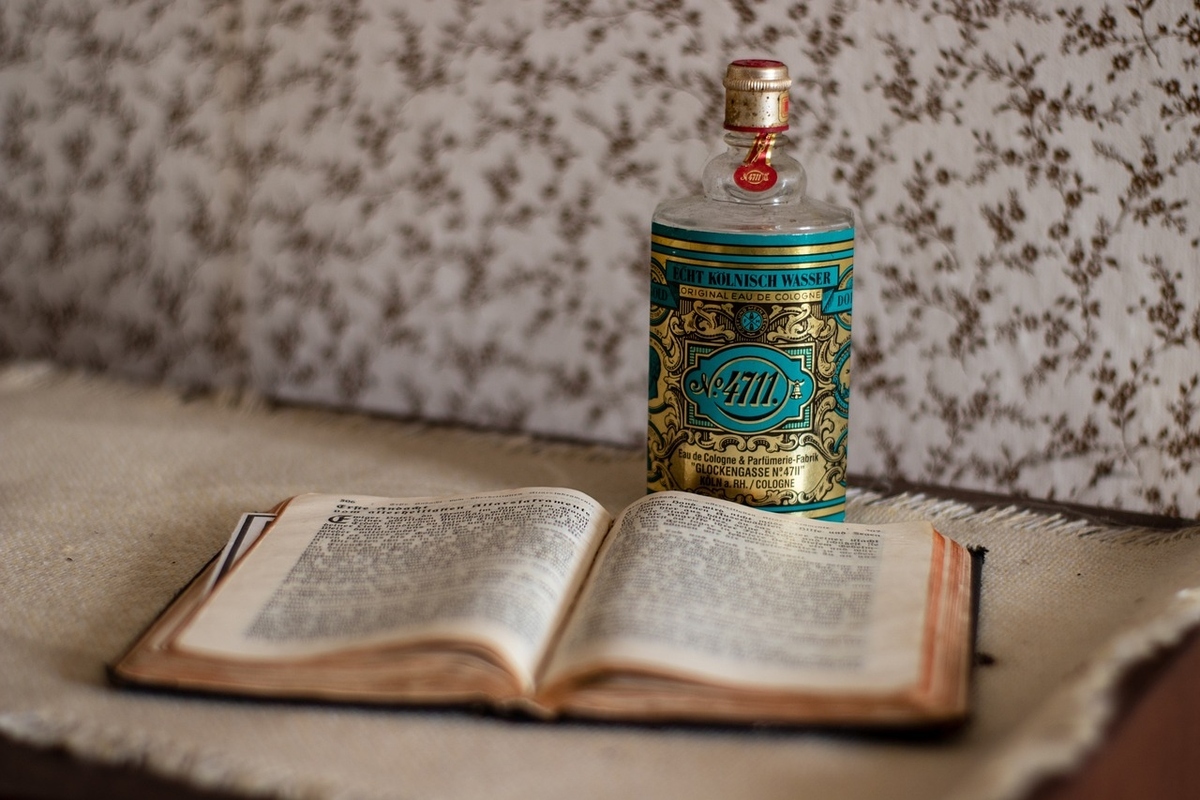
The popularization of perfumes in the 19th century: A new era is born
In the age of Romanticism, perfumers of the nobility were banned during the French Revolution but rehabilitated by Napoleon's wife Josephine. A significant milestone in the history of the perfume industry was the founding of the Guerlain perfume house in France in 1828. Guerlain became famous for its creations, which were worn by prominent figures such as Queen Victoria and Empress Eugénie.
The use of perfumes spread rapidly and soon reached a wider segment of the population. Advances in chemistry and the discovery of new fragrances such as heliotropin, vanillin, coumarin and aldehydes revolutionized the world of fragrances and ushered in a new era of modern perfumery.
Perfumers were quick to recognize the new creative possibilities offered by the chemical industry. Particularly groundbreaking was the perfume "Jicky" by Guerlain in 1889, which was the first to contain synthetically produced vanilla. The fragrance no longer merely mimicked natural scents but created a "feeling in the bottle" (Paul Guerlain) and was associated with an intriguing, magical and disorienting effect.
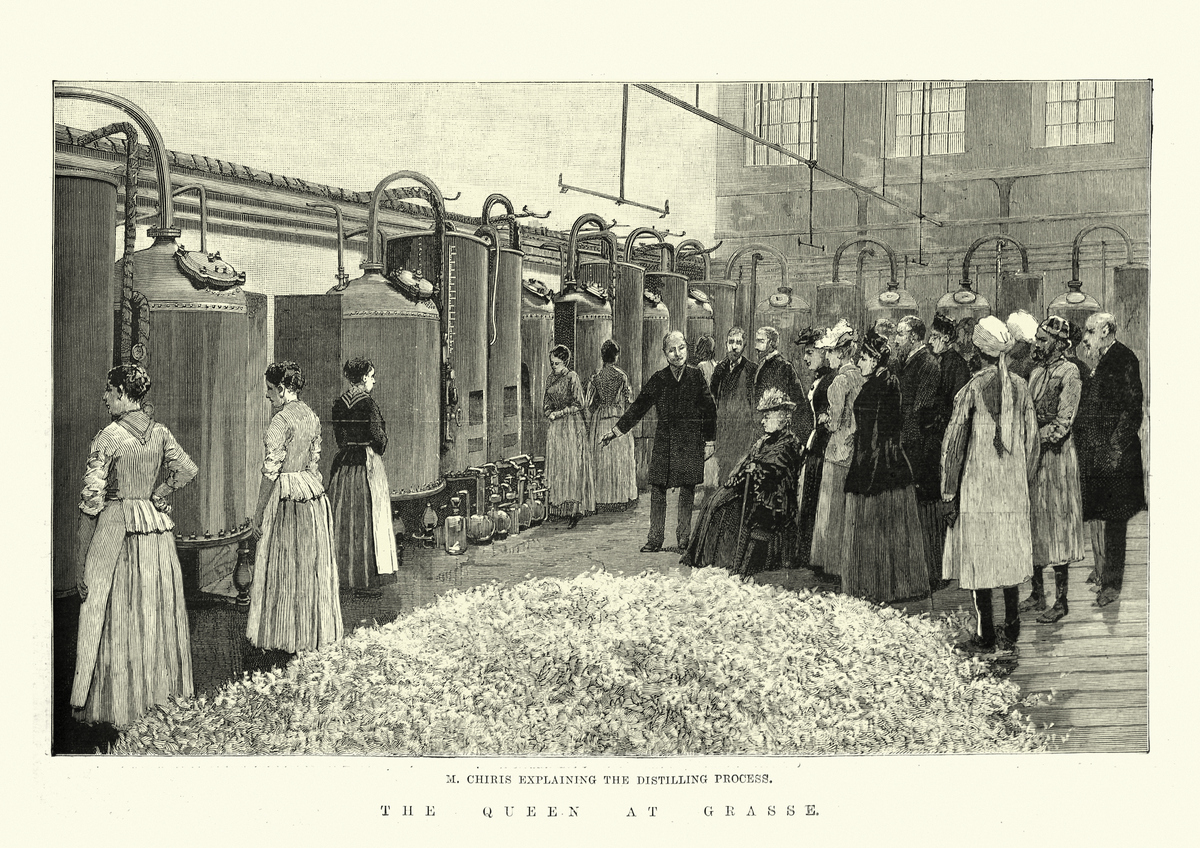
From fragrance to popular culture: the perfume industry today
The 20th century saw the creation of some of the most famous and best-selling perfumes in the world, such as"N°5"by Chanel in 1921, which is still considered a symbol of elegance and timeless beauty. In this context, perfume advertising also became an important element of popular culture. Perfumes were no longer seen just as fragrances, but were also marketed as part of fashion and lifestyle.
Eventually, the perfume industry developed into a global economic giant. The use of synthetic fragrances enabled more effective and cheaper production, and the progressive development of new technologies and processes continuously expanded the range of fragrances.
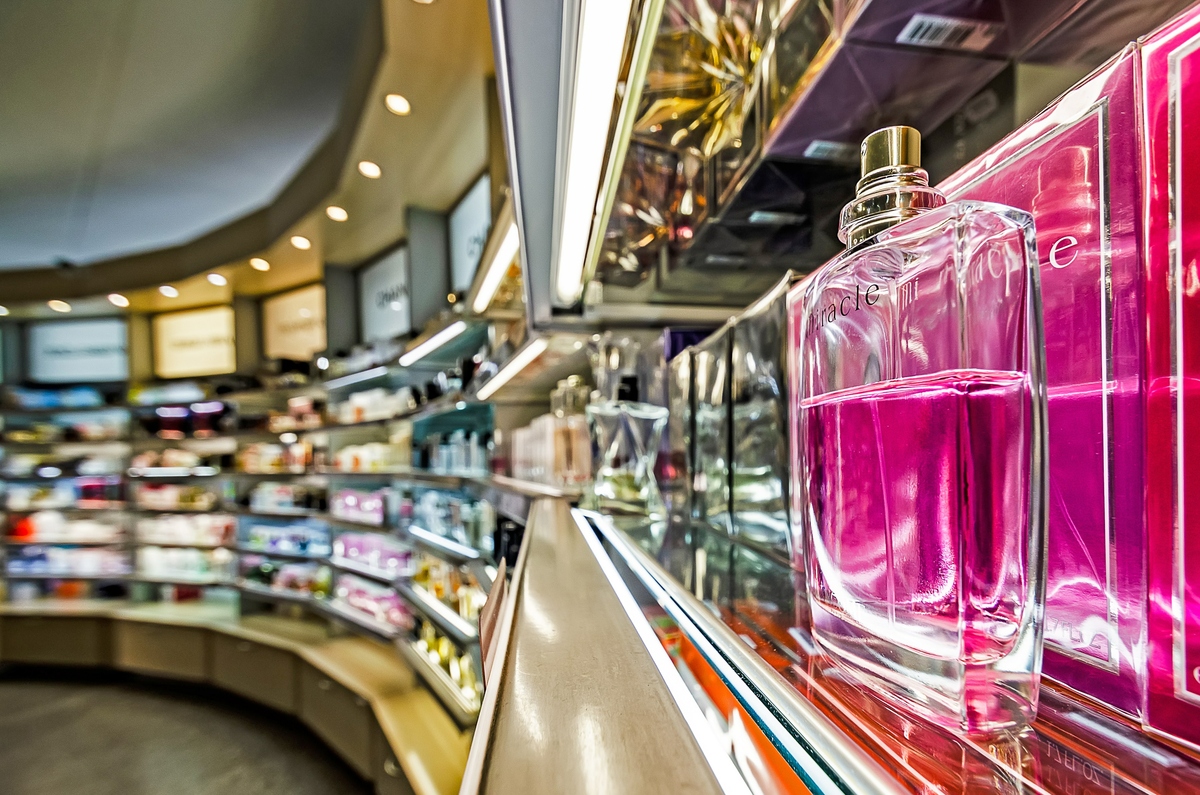
Today, the perfume industry is a significant business sector that offers an almost endless variety of fragrances, ranging from luxurious designer perfumes to unique niche fragrances. However, despite commercialization, the world of perfume remains a place of inspiration, memory and individual expression for many.


 Mikayla
Mikayla